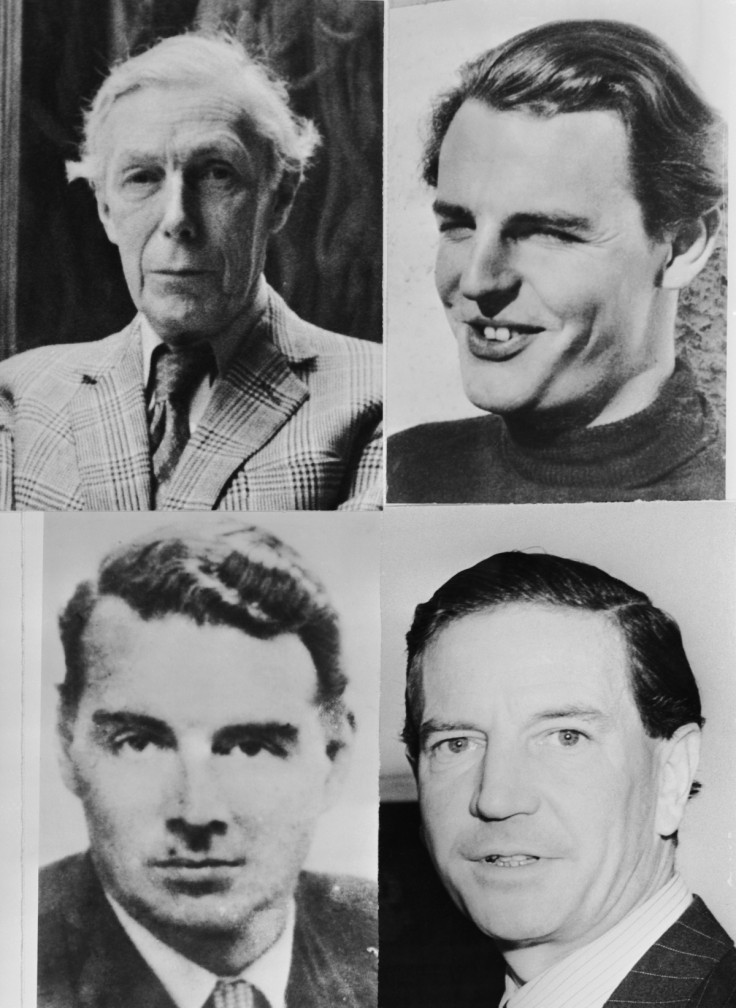New book claims this is the reason the Queen kept quiet about Russian spy at the Palace
When the Queen knighted Anthony Blunt for his services in 1956, the palace had been aware of his spy services for eight years.
Anthony Frederick Blunt, a distant relative of the British royal family who worked as the Windsors' chief art curator for decades, was also a Russian spy for the KGB. It is widely rumoured that Buckingham Palace senior aides, as well as Queen Elizabeth II, were aware of him being the "fourth man" of the Cambridge Five, a group of Cambridge-educated spies working for the Soviet Union from some time in the 1930s to at least the early 1950s. A new book explores the reasons they might have decided to keep his secret.
United Kingdom's domestic counter-intelligence and security agency MI5, which also employed Blunt during the second world war, was reportedly aware that he was a Russian agent and reported the same to the Queen. In fact, Blunt's treason had become the subject of common or garden tea-time gossip in the Palace but nothing was done about it and he was allowed to keep his position as an art historian.
According to the book serialised by Mail Online, one reason that the royals turned a blind eye to Blunt's spy services has to be that he was privy to certain secret things about them, having undertaken discreet business on the family's behalf.
In addition, the British government still does not wish to admit that the clever thief managed to steal neutral diplomatic mail bags, including those of Turkey, Spain, and France from right under their noses. This robbery involved outwitting security staff and forging seals on secret correspondence, combining artistry and criminality.
These skills, combined with Blunt's closeness to the royal family, encouraged King George to send him on secret missions to Germany to find art, jewels, and rare coins which had once belonged to the Windsors but also sensitive documents that might put them in a bad light. The monarch's main motive was to get his hands on any correspondence indicating the Nazi sympathies of his abdicated brother, Prince Edward, and the pro-German sentiments of some other members of the British Royal Family.
When the Queen knighted Blunt for his services in 1956, the palace had been aware of his spy services for eight years. The book claims that Tommy Lascelles, the King's private secretary who later served the queen as well, called Blunt "our Russian spy" while escorting a new equerry down the corridors. But it was another three years before Blunt's involvement with KGB started becoming public knowledge.
Blunt evaded authorities for several years after the rumours started, until he finally confessed it in 1964 on the condition of immunity from prosecution. When Michael Adeane, the Queen's private secretary asked MI5 what action should the monarch take against him, they said "none" as any such action including firing him would alert Russian intelligence and any other potential moles under investigation.
A fictionalised version of the incident was covered in the Netflix original series "The Crown," which tells the story of reigning Queen Elizabeth II.

© Copyright IBTimes 2025. All rights reserved.





















